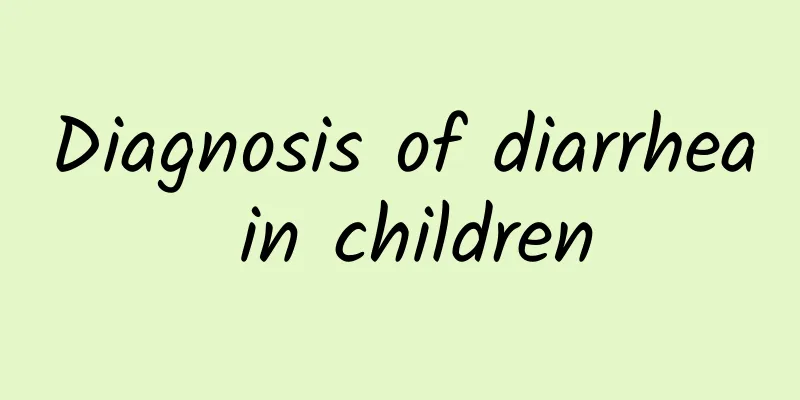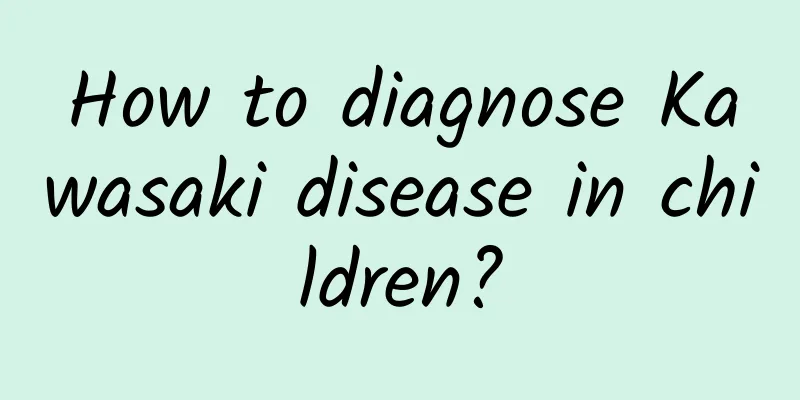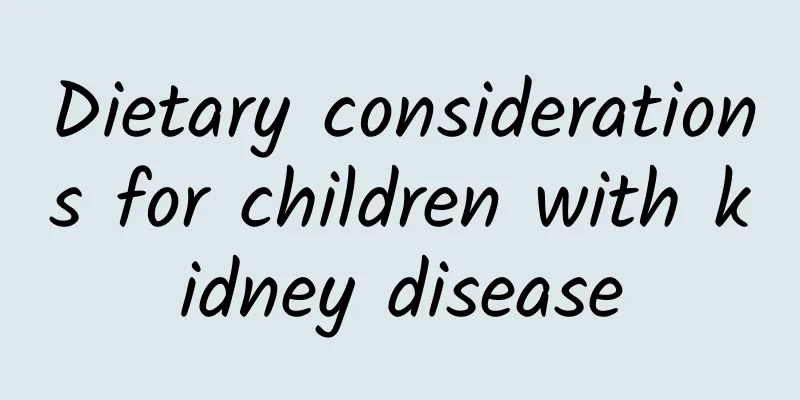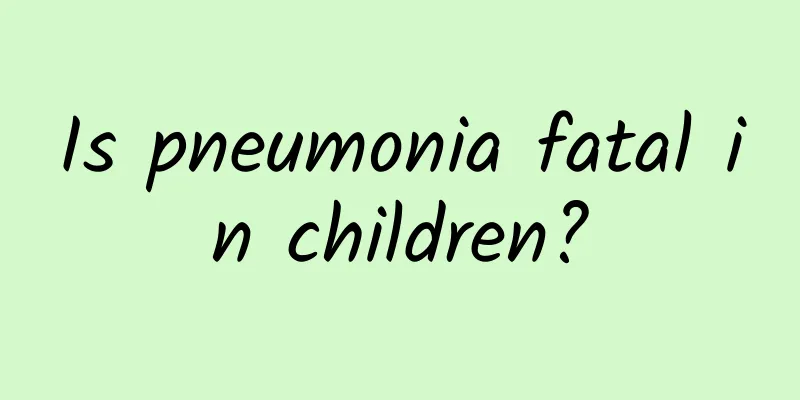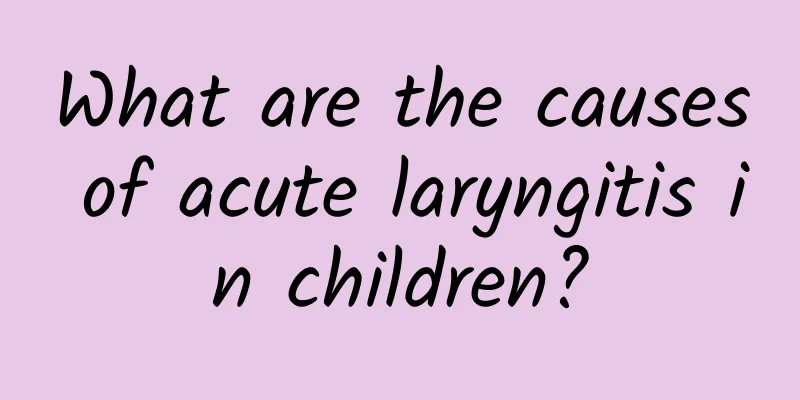What virus causes diarrhea in children in summer
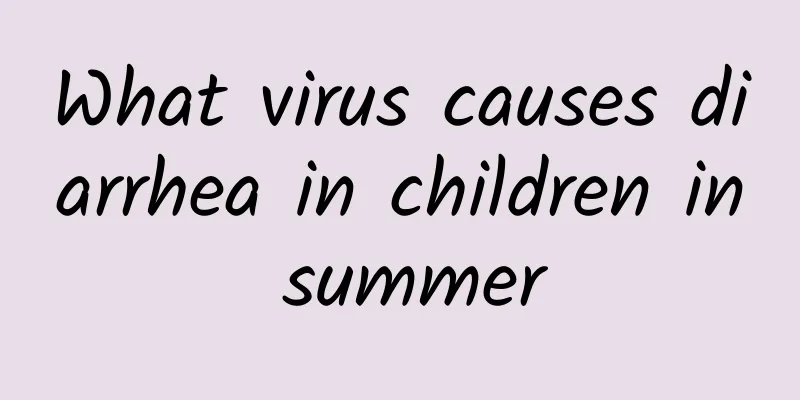
|
Children's diarrhea in summer is often caused by rotavirus, norovirus and enteric adenovirus, which are transmitted through unclean food or contact with pollutants. Parents need to pay attention to the causes of diarrhea and take appropriate preventive and treatment measures. 1Rotavirus infection Rotavirus is one of the main causes of diarrhea in children. The virus survives for a long time in summer and is easily transmitted through food, drinking water or contact with pollutants. Typical symptoms of rotavirus include frequent watery diarrhea, vomiting and fever, often accompanied by loss of appetite and dehydration. suggestion: Avoid cross infection and wash your hands frequently, especially before and after caring for children; If rotavirus infection is confirmed, oral rehydration salts (ORS) can be taken in appropriate amounts to prevent dehydration; children with severe symptoms need to be sent to the hospital for treatment in time. 2Norovirus infection Children also often suffer from diarrhea caused by norovirus in the summer. Norovirus infection is highly contagious and is prone to occur in places with large populations, such as nurseries and schools. In addition to diarrhea, symptoms include vomiting, stomach pain and low-grade fever. The virus is resistant to high temperatures, so cooked food that has not been fully disinfected may also become a source of infection. suggestion: Closely monitor symptoms and prevent cross-infection among family members; Follow antipyretic and daily care, maintain a light diet, and avoid greasy or high-sugar foods; At the same time, parents need to pay attention to whether the illness lasts more than 3 days. If there is persistent high fever or severe dehydration, seek medical attention as soon as possible. 3. Enteric adenovirus infection Enteric adenovirus is usually transmitted through fecal-oral transmission, with typical symptoms including mild fever, abdominal pain and diarrhea, which may last for more than a week. The risk of infection with this type of virus is closely related to children's hygiene habits and environmental hygiene conditions. suggestion: Strengthen hygiene awareness and thoroughly wash children's tableware and toys; Supplement electrolytes appropriately according to doctor's advice to avoid secondary health problems caused by long-term diarrhea; If you experience bloody stools, severe abdominal pain, etc., you should seek medical attention immediately and receive further treatment. Children's diarrhea in summer should not be ignored. According to the symptoms caused by different viruses, timely care and treatment should be taken, and recurrence should be prevented through good hygiene habits, such as encouraging children to wash their hands regularly and avoid eating unclean food outside. Developing healthy eating and living habits can not only reduce viral infections, but also improve the body's overall immunity. |
<<: Is repeated infection of Mycoplasma pneumoniae in children serious?
>>: Can I eat instant noodles after nose surgery?
Recommend
Should children with pneumonia be hospitalized?
Whether children with pneumonia need hospitalizat...
Is fever the main symptom of acute laryngitis in children?
The main symptoms of acute laryngitis in children...
What are the main clinical symptoms of hepatitis C? Symptoms of acute icteric hepatitis C
Hepatitis C is a highly prevalent disease. There ...
What are the traditional Chinese medicine methods for treating patent ductus arteriosus?
What are the traditional Chinese medicine methods...
Should I stop breastfeeding if my baby has jaundice?
Should I stop breastfeeding if my baby has jaundi...
How to diagnose diarrhea in children
Does the baby have diarrhea? I know that there ar...
How to prevent hand, foot and mouth disease? How is hand, foot and mouth disease transmitted?
Hand, foot and mouth disease is a relatively comm...
How to choose a better hospital for treating acute laryngitis in children
At present, there are many hospitals specializing...
Which hospital is good for treating jaundice?
The occurrence of neonatal jaundice makes patient...
How to cure Kawasaki disease
Many friends often suffer from some diseases beca...
Is acute suppurative mumps contagious?
Is acute suppurative mumps contagious? Acute supp...
What nutrients are needed in the diet for Kawasaki disease
What nutrients are needed in the diet for Kawasak...
Which Chinese medicine can cure jaundice hepatitis?
Which Chinese medicine can cure jaundice hepatiti...
Is jaundice hepatitis contagious?
Whether jaundice hepatitis is contagious depends ...
What are the folk remedies for treating polio?
First, let us take a look at what polio is. This ...
